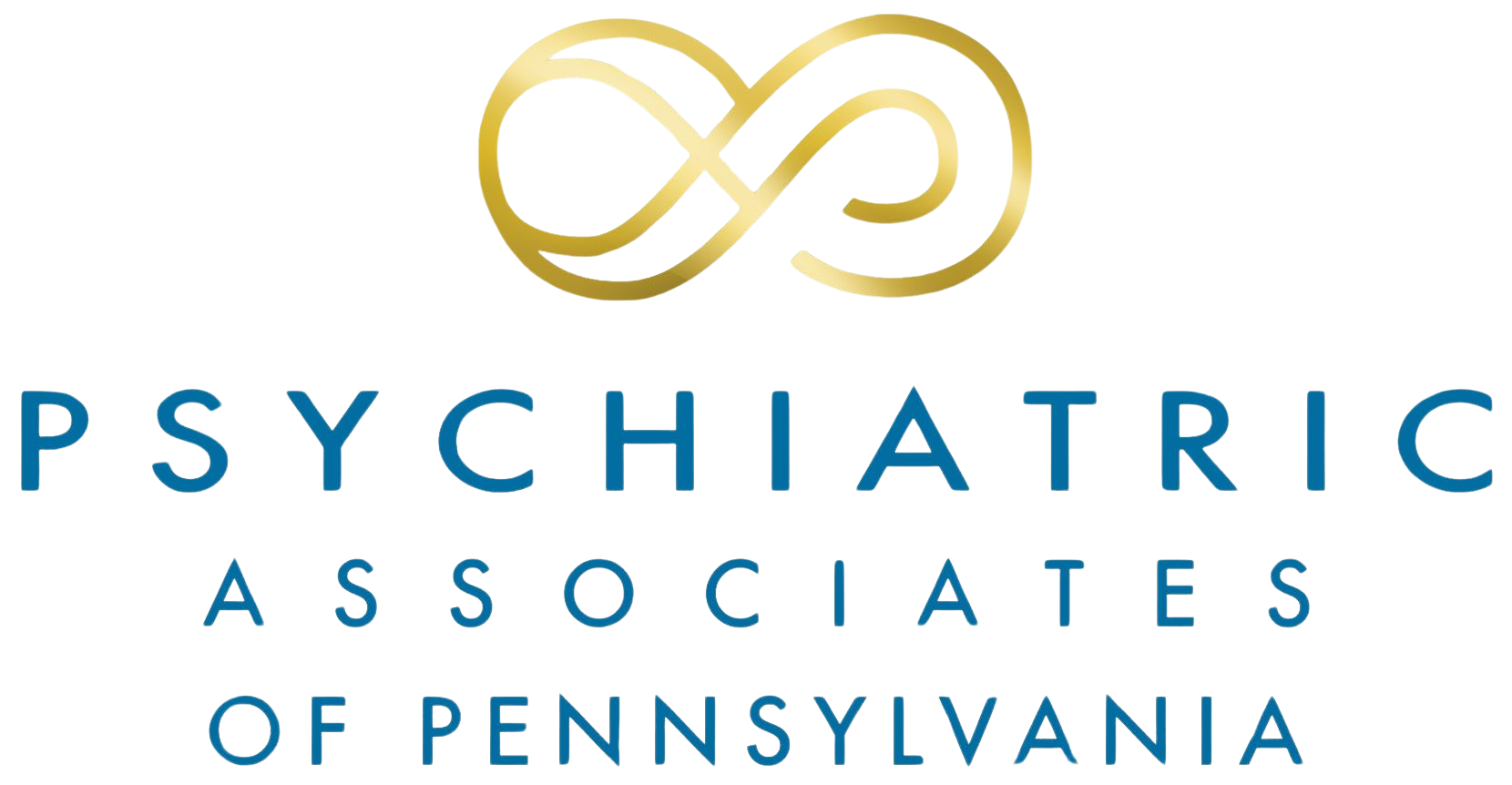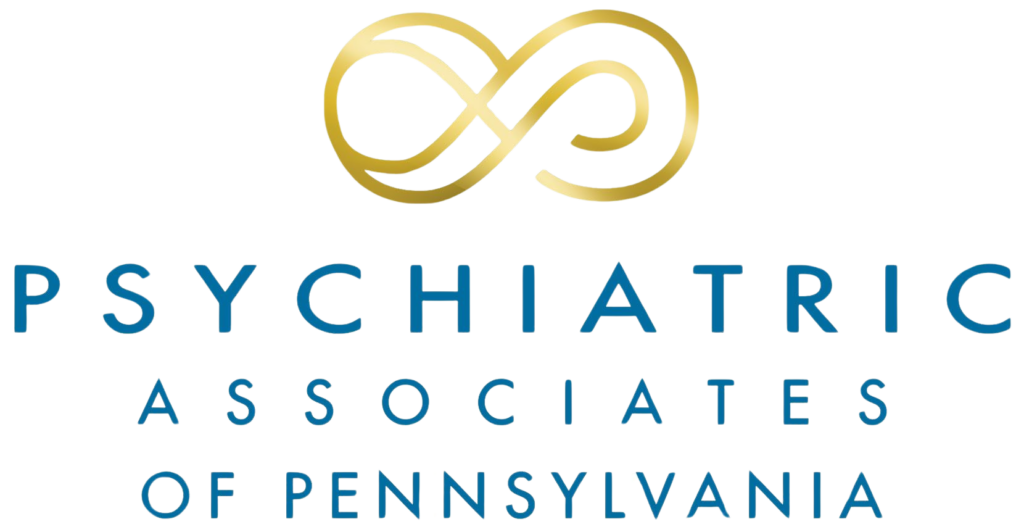Schizophrenia and other psychotic disorders are complex mental health conditions that affect a person’s perception of reality. Unlike mood or anxiety disorders, psychotic disorders involve symptoms such as hallucinations, delusions, disorganized thinking, and impaired insight. These symptoms can be deeply distressing and can significantly impact an individual’s ability to function in daily life. The clinicians at Psychiatric Associate of Pennsylvania in Narberth, PA, are experienced in diagnosing and treating these disorders with sensitivity and comprehensive care tailored to each patient’s needs.
Psychotic disorders encompass a range of diagnoses, with schizophrenia being the most well-known and studied. However, the umbrella term also includes schizoaffective disorder, brief psychotic disorder, delusional disorder, and psychosis related to medical conditions or substance use. These disorders share common features but vary in duration, severity, and course. Understanding the differences and nuances among psychotic disorders is critical for effective treatment and management.
Symptoms and Presentation
The hallmark symptoms of schizophrenia and related psychotic disorders are often categorized into positive, negative, and cognitive symptoms. Positive symptoms refer to experiences that add to normal functioning, such as hallucinations—most commonly hearing voices—and delusions, which are firmly held false beliefs not based in reality. Disorganized speech and behavior also fall under this category, contributing to difficulties in communication and daily activities.
Negative symptoms reflect a reduction or loss of normal functions and include flattened affect (reduced expression of emotions), social withdrawal, lack of motivation, and diminished speech. These symptoms can be particularly debilitating and often persist even when positive symptoms improve. Cognitive symptoms involve difficulties with attention, memory, and executive functioning, making tasks like planning or organizing challenging.
The onset of psychotic symptoms usually occurs in late adolescence or early adulthood but can vary. Early identification of symptoms is vital, as prolonged untreated psychosis can lead to poorer outcomes. In some cases, psychotic episodes can be brief and resolve with treatment, while in others, they may become chronic, requiring ongoing care.
Causes and Risk Factors
The causes of schizophrenia and psychotic disorders are multifaceted, involving a combination of genetic, biological, and environmental factors. Research has identified that genetics play a significant role, as individuals with a family history of schizophrenia or other psychotic disorders are at higher risk. However, genetics alone do not determine the development of the illness; many people with a genetic predisposition never experience psychosis.
Biologically, abnormalities in brain structure and function, as well as imbalances in neurotransmitters such as dopamine and glutamate, contribute to symptom development. Early brain development disruptions, possibly influenced by prenatal or perinatal factors, are also implicated.
Environmental stressors can act as triggers or exacerbating factors. These include childhood trauma, substance use—particularly cannabis or stimulants—and significant psychosocial stress. The interaction of these elements creates a vulnerability that, combined with other risk factors, can lead to the onset of psychotic disorders.
Diagnosis and Evaluation
Diagnosing schizophrenia and other psychotic disorders requires a thorough clinical evaluation conducted by trained mental health professionals. At Psychiatric Associate of Pennsylvania, clinicians use standardized diagnostic criteria and detailed assessments to differentiate between various psychotic disorders and rule out other medical or neurological causes.
A comprehensive evaluation includes gathering a detailed history of symptoms, mental status examination, medical history, and, when appropriate, laboratory tests or brain imaging. It is essential to distinguish primary psychotic disorders from psychosis caused by medical conditions such as infections, autoimmune disorders, or substance-induced psychosis. Accurate diagnosis guides treatment planning and helps set realistic expectations for recovery.
Treatment and Management
Treatment of schizophrenia and psychotic disorders is multifaceted and typically involves a combination of medication, psychotherapy, and psychosocial interventions. Antipsychotic medications are the cornerstone of treatment, helping to reduce or eliminate positive symptoms such as hallucinations and delusions. Newer atypical antipsychotics often have fewer side effects and can be more tolerable, improving adherence.
Psychosocial interventions play a critical role in recovery. Cognitive-behavioral therapy (CBT) tailored for psychosis helps individuals manage symptoms, challenge distorted beliefs, and develop coping strategies. Social skills training and supported employment programs assist patients in regaining independence and improving social functioning.
Family education and support are also essential components, as involvement of loved ones can enhance understanding, reduce relapse risk, and improve treatment adherence. Rehabilitation services focusing on daily living skills and community integration contribute to long-term stability.
Living with Psychotic Disorders
Living with schizophrenia or another psychotic disorder presents ongoing challenges, but many individuals lead meaningful and productive lives with proper treatment and support. Establishing a consistent treatment routine, maintaining medication adherence, and participating in therapy are vital for symptom management and relapse prevention.
Self-care practices such as maintaining a healthy lifestyle, avoiding substance use, managing stress, and fostering supportive relationships improve overall well-being. Recognizing early warning signs of relapse, such as changes in mood, sleep, or behavior, allows for timely intervention.
The clinicians at Psychiatric Associate of Pennsylvania understand the unique challenges faced by individuals with psychotic disorders and provide compassionate, ongoing care to help patients achieve their personal goals and improve quality of life in Narberth and surrounding communities.
When to Seek Professional Help
It is crucial to seek professional help if you or a loved one experience symptoms suggestive of psychosis. Early signs may include unusual thoughts, withdrawal from social interactions, changes in behavior, or sensory experiences that others do not share. Prompt evaluation and intervention can improve prognosis and reduce the risk of long-term disability.
If symptoms appear suddenly or are accompanied by dangerous behaviors or severe confusion, immediate psychiatric evaluation is necessary. The clinicians at Psychiatric Associate of Pennsylvania are available to provide comprehensive assessments, diagnosis, and treatment planning to support individuals and families through these challenging experiences.
Resources
- National Institute of Mental Health. (2023). Schizophrenia. https://www.nimh.nih.gov/health/topics/schizophrenia
- Tandon, R., Nasrallah, H. A., & Keshavan, M. S. (2009). Schizophrenia, “Just the Facts” 5. Treatment and Prevention. Schizophrenia Research.
- Mueser, K. T., & Jeste, D. V. (2008). Clinical Handbook of Schizophrenia. Guilford Press.



